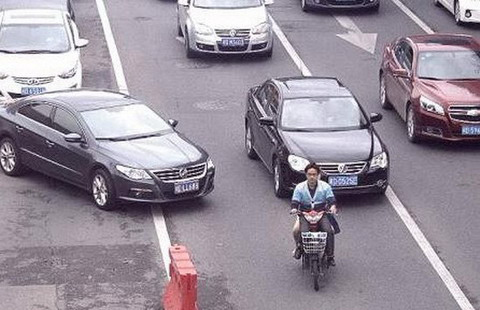China, India take graft bull by the horns
By M.D. Nalapat (China Daily) Updated: 2014-12-10 07:31There indeed are officials both in China and India who are super-greedy. But the United States and much of Europe get high marks only because many activities seen as illegal in Asian countries are treated as perfectly legal in the West. For example, in India there is a limit to how much a candidate can spend on his/her election campaign. But to reach voters, who could add up to 3 million for a parliamentary election, major candidates may have to spend several times the legal limit. In the US, there is no such limit - a candidate can spend hundreds of millions of dollars on an election campaign. So an act considered corrupt or illegal in India is totally legal in the US.
In the two largest Asian countries, government officials' salaries are very low relative to prices of goods and services, leaving room for corruption. As Lee Kuan Yew said in India in the 1960s, the post-independence government sharply increased the powers of officials while sharply reducing their salaries. As a result, corruption increased.
That the civil service sector in Hong Kong is well paid and honest is no accident - the same is true for Singapore. Had Hong Kong and Singapore followed India's example and reduced the salaries of government officials, they wouldn't have ranked so high on the honesty and transparency index. Therefore, governments in Asia need to ensure the salaries of officials are at levels that provide them with a sense of security, and thus prevent them from indulging in corruption just to live a reasonably comfortable life.
If the rule of law is improved, and laws are made simpler and realistic, China and India both will score highly on the honesty and transparency index. And only a comprehensive restructuring of the system and changes in laws can help eliminate corruption in the two countries.
If Hong Kong and Singapore can be examples of administrations more honest than most in Europe and North America, there is no reason why the Chinese mainland and India cannot be the same.
The author is professor of geopolitics at Manipal University, India.











